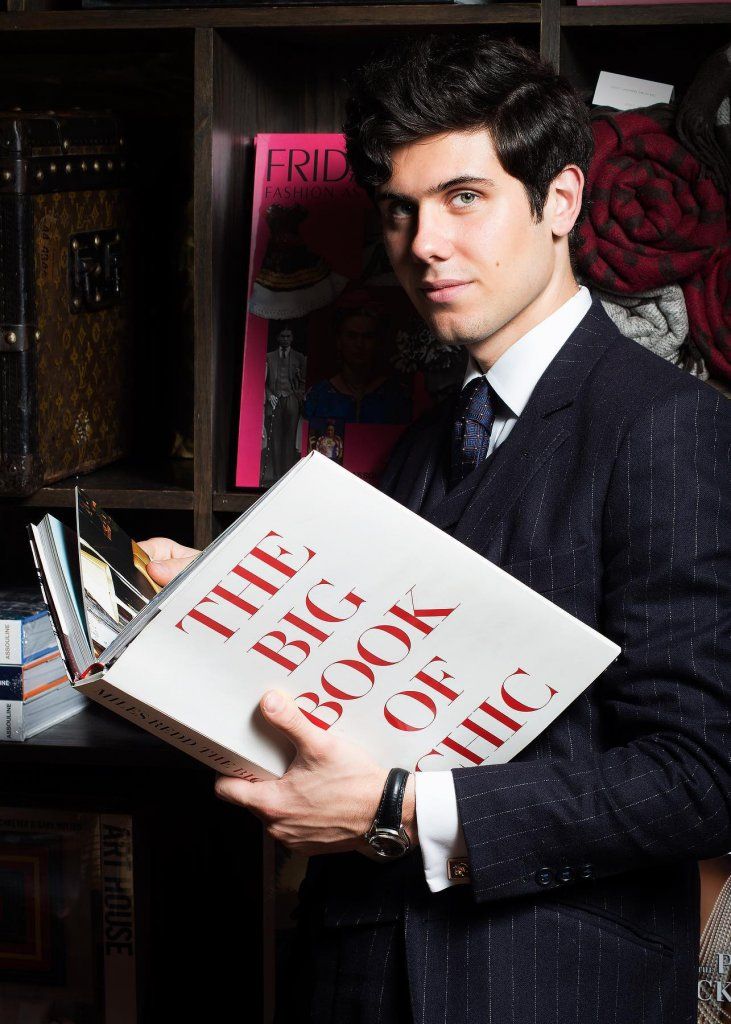For many authors, the traditional publishing path can be long and challenging. Self-publishing offers an alternative, providing complete creative control, higher royalty rates, and a faster route to market. While the process requires significant effort and investment, self-publishing a book in New York City – with its vast resources and talent pool – can be a strategic advantage. This guide outlines the key steps to navigate the self-publishing journey in the Big Apple.
1. Professional Editing: The Non-Negotiable Step
Even the most brilliant manuscript needs professional editing. In New York, you have access to a wealth of freelance editors with experience across all genres. Investing in quality editing (developmental, copyediting, and proofreading) is crucial for your book’s credibility. A polished manuscript signals professionalism and respect for your readers publishing companies nyc.
- Developmental Editing: Focuses on the big picture – plot, character development, pacing, and overall structure.
- Copyediting: Addresses grammar, spelling, punctuation, syntax, and consistency.
- Proofreading: The final check for any remaining errors before publication.
2. Captivating Cover Design and Interior Formatting
Your book’s cover is its most important marketing tool, especially in a visually driven market like New York. A professional, genre-appropriate cover is essential to attract readers. Similarly, a well-formatted interior ensures readability and a professional appearance. New York boasts numerous talented book cover designers and interior formatters who understand industry standards and market trends New York publishing.
- Cover Design: Hire a professional designer who specializes in your genre. They understand how to create covers that stand out on digital platforms and physical shelves.
- Interior Formatting: Ensure your manuscript is properly formatted for both print (e.g., correct margins, fonts, chapter starts) and ebook (e.g., reflowable text, clickable table of contents).
3. Obtaining ISBNs and Copyright
While some self-publishing platforms offer free ISBNs, purchasing your own through Bowker (the official ISBN agency in the U.S.) gives you greater control and flexibility. Each edition (hardcover, paperback, ebook, audiobook) requires a unique ISBN.
- ISBNs: Purchase a block of ISBNs for future use.
- Copyright: Your work is copyrighted upon creation, but registering it with the U.S. Copyright Office provides additional legal protection and allows you to sue for infringement.
4. Choosing Your Publishing Platform and Distribution
This is where you decide how your book will reach readers. New York-based authors have access to global distribution networks through various platforms.
- Print-on-Demand (POD):
- Amazon KDP Print: Ideal for reaching Amazon’s vast audience.
- IngramSpark: Offers wider distribution to thousands of bookstores, libraries, and online retailers globally, making it crucial for broader reach.
- Ebook Distribution:
- Amazon KDP: For Kindle readers.
- Ebook Aggregators (e.g., Draft2Digital, Smashwords): Distribute your ebook to Apple Books, Kobo, Barnes & Noble Nook, and other platforms.
- Audiobook Distribution: Platforms like ACX (Audible’s platform) allow you to produce and distribute audiobooks.
5. Marketing and Promotion: Your Ongoing Effort
Self-publishing means you are responsible for marketing your book. This is where your New York location can be a significant asset, offering access to media, literary events, and a vast network.
- Author Platform: Build and maintain an online presence (website, social media, newsletter) to connect with readers.
- Book Launch Strategy: Plan a launch, potentially including local events, online promotions, and outreach to book bloggers and reviewers.
- Advertising: Consider paid advertising on platforms like Amazon, Facebook, or Goodreads.
- Local Opportunities: Leverage New York’s literary scene by attending book festivals, seeking local media coverage, and exploring partnerships with independent bookstores.
6. Legal Considerations (Briefly)
While not as complex as traditional contracts, self-published authors still need to be mindful of legal aspects, especially regarding copyright, fair use of copyrighted material, and avoiding libel or defamation in their content. Consulting with a publishing attorney for specific concerns can be a wise investment.
Conclusion
Self-publishing a book in New York City is a demanding but rewarding venture. By meticulously focusing on professional quality in editing and design, strategically choosing distribution channels, and actively engaging in marketing and promotion, authors can successfully bring their stories to life and reach a global audience from the heart of the publishing world.


